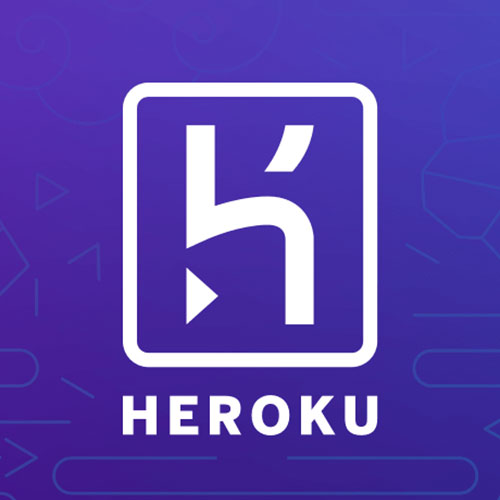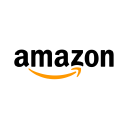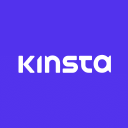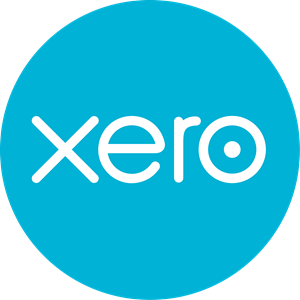After A 7-Figure Exit, I Launched An Online Directory To Find Coaches
I’m Laura Roeder and I’ve founded a few SaaS companies including MeetEdgar and Paperbell. CoachCompare is the first directory product I’ve ever done.
CoachCompare is an online directory for clients to find coaches. The most popular type of coach on our site is a life coach, followed by various kinds of business coaches. Accountability coaches and work-life balance coaches are also very popular categories!
CoachCompare is currently free for both coaches and clients. We have over 2,000 coaches signed up for CoachCompare so far!

What's your backstory and how did you come up with the idea?
My other business, Paperbell is a SaaS for running an online coaching business.
I launched Paperbell after experiencing the need myself first-hand. I had...

































